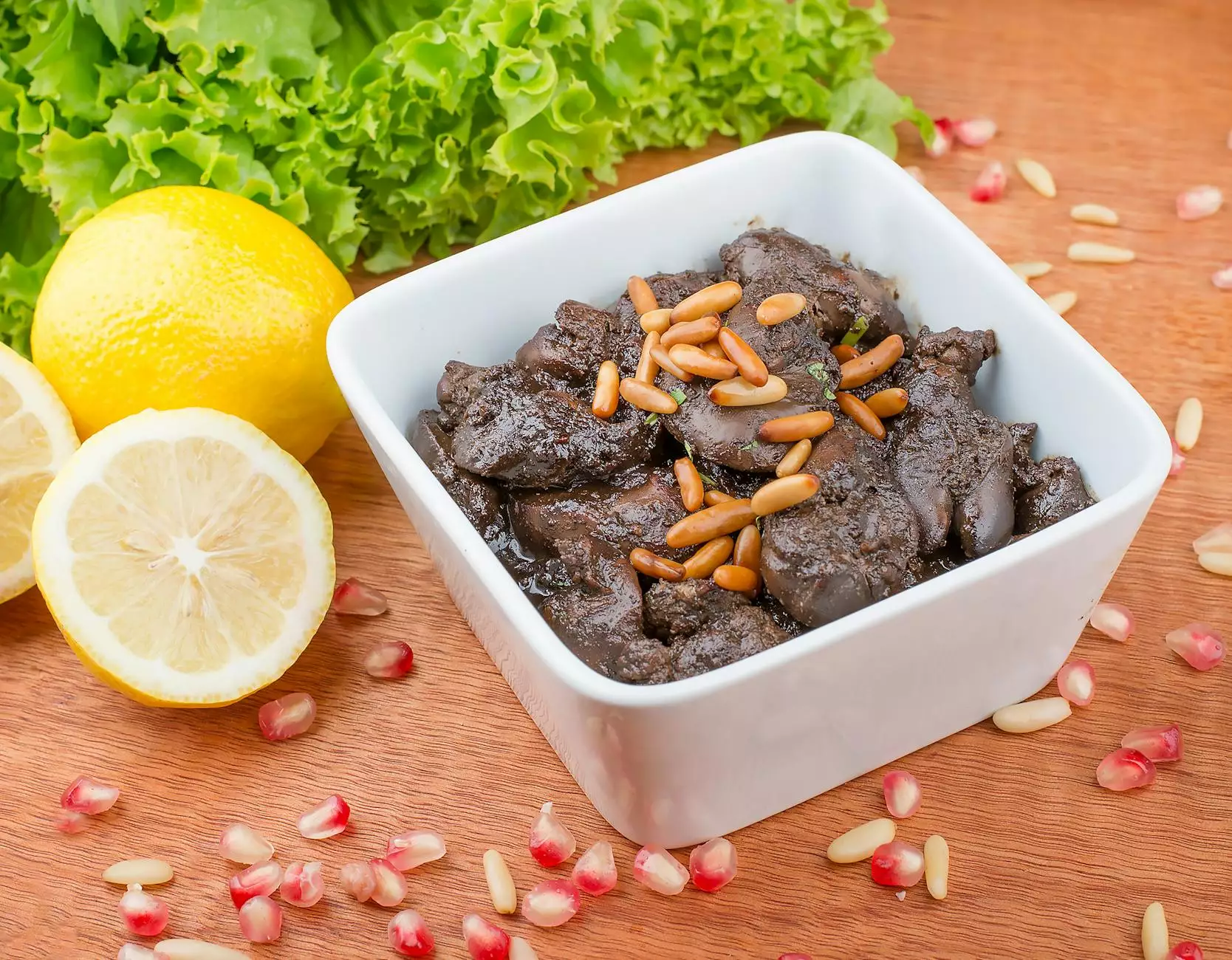The Rise of Brazilian Halal Chicken: Quality and Excellence in Poultry

In recent years, the demand for Brazilian halal chicken has remarkably surged in various global markets. This rise is attributed to the increasing Muslim population and their dietary restrictions, alongside the growing preference for high-quality, ethically sourced food products. Brazil has emerged as a leading supplier, ensuring that halal products meet the highest standards of quality and compliance, making it a prime choice for consumers and business operators alike.
Understanding Halal Certification
To comprehend the significance of Brazilian halal chicken, it's essential to delve into what halal means. The term 'halal' is derived from Arabic, signifying 'permissible' according to Islamic law. It encompasses various aspects including:
- Ethical Treatment of Animals: Halal standards dictate humane treatment throughout the lifecycle of the animal, ensuring welfare before and during slaughter.
- Specific Slaughtering Practices: The slaughtering process must be performed by a trained individual who utters a specific invocation, adhering to the practices dictated by Islamic law.
- Cleanliness and Hygiene: All processes, from farming to processing, must comply with stringent hygiene standards, assuring a safe product for consumption.
Brazil as a Hub for Poultry Export
Brazil stands out as one of the world's leading poultry exporters. Its climate, vast resources, and advanced farming techniques contribute to producing high-quality chicken at competitive prices. Furthermore, the Brazilian poultry industry is consistently evolving, adapting to global standards and consumer demands. The country's strategic position allows it to export to numerous markets worldwide, making it an essential player in the global chicken supply chain.
Advantages of Brazilian Halal Chicken
Choosing Brazilian halal chicken offers several advantages for businesses and consumers, including:
- High Quality: Brazilian chicken is acclaimed for its quality. Due to superior farming practices and strict regulations, consumers can expect tender, flavorful, and tender meat.
- Safety and Compliance: The Brazilian halal certification process ensures traceability and compliance with international food safety standards, fostering trust amongst consumers.
- Diverse Product Range: Brazilian poultry exporters offer a variety of chicken products, including whole birds, cuts, and processed items, catering to various culinary needs.
- Competitive Pricing: With efficient farming and processing methods, Brazilian halal chicken is among the most competitively priced in the global market.
Market Trends and Consumer Preferences
The demand for Brazilian halal chicken is influenced significantly by market trends and consumer preferences. As health awareness grows, consumers are leaning towards products that are not only high-quality but also ethically sourced. This trend is particularly evident within the Muslim community, but has gained traction among non-Muslims as well, who often seek out halal products for their perceived health benefits and ethical considerations.
Exploring Consumer Behavior
Recent studies suggest that consumers are increasingly scrutinizing the origin of their food. Here are some key insights:
- Transparency: Shoppers favor brands that openly share their sourcing and production practices.
- Flavor and Quality: Halal chicken is often perceived as superior in taste and quality, making it a preferred choice for many.
- Health Consciousness: As consumers become more health-conscious, they are searching for meat products that are free from additives and preservatives.
The Supply Chain of Brazilian Poultry Exporters
Understanding the supply chain is crucial for appreciating how Brazilian halal chicken reaches consumers. The process begins on the farms, where the chickens are raised in environmentally controlled facilities. The entire supply chain includes:
Farming
Brazilian poultry farms utilize advanced techniques and technology to ensure the well-being of the chickens. Farmers follow ethical and sustainable practices, resulting in healthier livestock and ultimately better-quality meat.
Processing
Once the chickens reach maturity, they are transported to state-of-the-art processing facilities. Here, they undergo meticulous halal practices that guarantee the product's adherence to Islamic requirements while maintaining hygiene and safety standards.
Quality Control
Strict quality control measures are implemented throughout processing. From initial inspection to final packaging, every step is taken to ensure that the product meets international quality standards. This commitment to excellence reinforces the reputation of Brazilian poultry exporters.
Distribution Networks and Global Reach
Brazil's position as a major poultry exporter is supported by an extensive distribution network. These networks play a crucial role in ensuring that Brazilian halal chicken reaches international markets efficiently. Key aspects include:
- Strategic Partnerships: Collaborations with international retailers and suppliers enhance the visibility and availability of Brazilian halal chicken in global markets.
- Logistics Excellence: Advanced logistics systems are essential to maintain the freshness and quality of chicken products during transport.
- Market Adaptation: Brazilian exporters are adept at adapting their offerings to meet the specific demands of various markets, including preference for certain cuts or packaging methods.
Challenges in the Poultry Industry
While the Brazilian halal chicken market flourishes, it is not without challenges. Industry players must navigate several hurdles to maintain growth. These include:
Regulatory Hurdles
Keeping up with diverse halal regulations across various countries can be complex. Brazilian poultry exporters must ensure compliance not just with Brazilian laws, but also with the specific requirements of the importing nations.
Market Competition
The global chicken market is highly competitive, with many countries vying for a share. Brazilian exporters must differentiate their products and provide strong marketing efforts to stand out.
Sustainability Concerns
As sustainability becomes a focus for consumers, the poultry industry, including Brazilian halal chicken, faces pressure to adopt more environmentally friendly practices. Sustainable farming and processing methods are becoming central to maintaining consumer loyalty.
Future Outlook of Brazilian Halal Chicken
The future of Brazilian halal chicken looks promising as global demand continues to rise. With the growth of the middle class and increasing health awareness among consumers, there is a shift towards quality meat products. Here’s what to expect in the coming years:
- Innovation in Farming: Advances in agricultural technologies will likely enhance production efficiency and chicken quality.
- Expanded Markets: New markets, particularly in Asia and the Middle East, present opportunities for Brazilian poultry exporters to expand their reach.
- Increased Focus on Sustainability: As consumers become more eco-conscious, the push for sustainable practices in poultry farming will intensify.
Conclusion
The ascent of Brazilian halal chicken in the global market is a testament to the country's commitment to quality, ethical practices, and safety. As consumers continue to seek reliable and high-quality protein sources, Brazilian poultry exporters are poised to meet the needs of a diverse market. By addressing consumer preferences and emerging trends, they can ensure a strong foothold in the competitive poultry industry, ultimately providing value to both businesses and consumers.
Investing in Brazilian halal chicken products not only supports a thriving industry but also promotes ethical and health-conscious consumption. The journey of this product from Brazilian farms to global tables is a story of quality, compliance, and trust, making it a vital component of the international poultry landscape.



